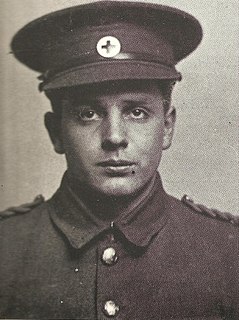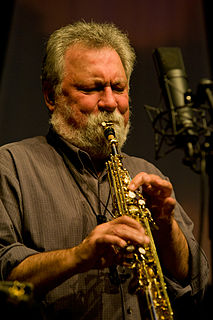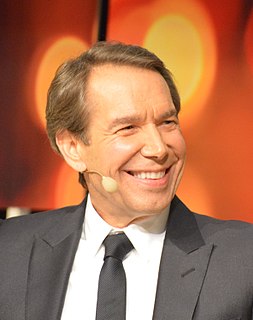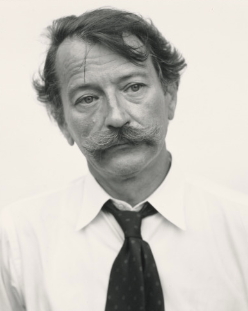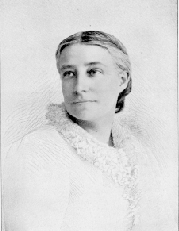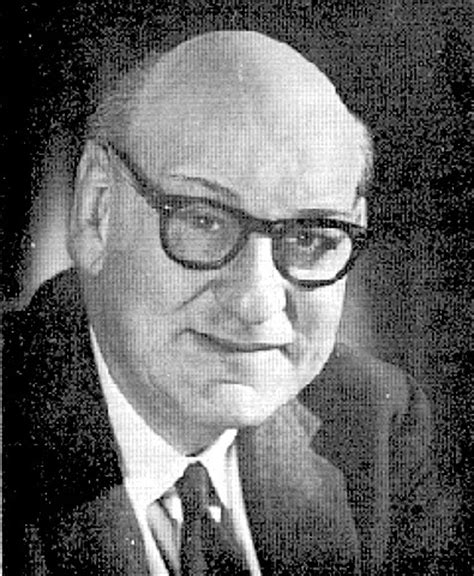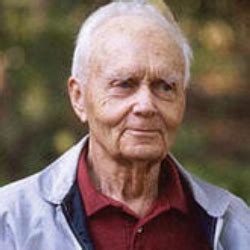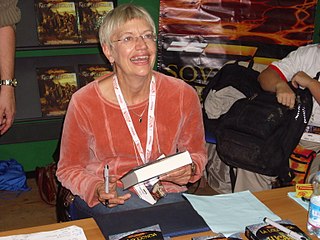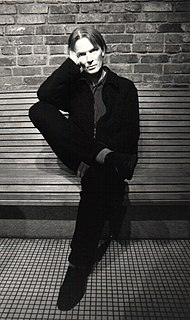Top 1200 Possibilities Quotes & Sayings
Explore popular Possibilities quotes.
Last updated on April 14, 2025.
It is well to start by distinguishing the few really great - the major novelists who count in the same way as the major poets, in the sense that they not only change the possibilities of the art for practitioners and readers, but that they are significant in terms of the human awareness they promote; awareness of the possibilities of life.
All life is rife with possibilities. Seeds have possibilities, but all their tomorrows are caught by the patterning of their life cycle. Animals have possibilities that are greater than that of a fir tree or a blade of grass. Still, though, for most animals, the pattern of instinct, the patterns of their lives, are very strong. Humanity has a far greater range of possibilities, especially the very young. Who will children grow up to be? Who will they marry, what will they believe, what will they create? Creation is a very powerful seed of possibility.
There are certain artworks that I respond to, artists that I respond to. It's an intellectual reaction but it's also a biological reaction. And the excitement that the work can generate - how it makes you feel about not only your intellectual possibilities but your physical possibilities in this world. How it feels to be alive!
As soon as a man and woman of almost any age are alone together within four walls it is assumed that anything may happen. Spontaneous combustion, instant fornication, triumph of the senses. What possibilities men and women must see in each other to infer such dangers. Or, believing in the dangers, how often they must think about the possibilities.
I think that’s a responsibility that I have, to push possibilities, to show people, this is the level that things could be at. So when you get something that has the name Kanye West on it, it’s supposed to be pushing the furthest possibilities. I will be the leader of a company that ends up being worth billions of dollars, because I got the answers. I understand culture. I am the nucleus.
Photography is a system of visual editing. At bottom, it is a matter of surrounding with a frame a portion of one's cone of vision, while standing in the right place at the right time. Like chess, or writing, it is a matter of choosing from among given possibilities, but in the case of photography the number of possibilities is not finite but infinite.
If only we could love ourselves enough to dare to approach God, what constructive dreams he would give us! What noble possibilities God wants to reveal to us - possibilities that would offer stimulation plus real security in service. But we feel too unworthy. So one layer of negative behavior is laid upon another until we emerge as rebellious sinners. But our rebellion is a reaction, not our nature. By nature we are fearful, not bad.
When doing what we most love transforms us into the best possible version of ourselves and that version hints at even greater future possibilities, the urge to explore those possibilities becomes feverish compulsion. Intrinsic motivation goes through the roof. Thus flow becomes an alternative path to mastery, sans the misery.
Quantum physics is the physics of possibilities. And not just material possibilities, but also possibilities of meaning, of feeling, and of intuiting. You choose everything you experience from these possibilities, so quantum physics is a way of understanding your life as one long series of choices that are in themselves the ultimate acts of creativity.
What if consciousness is the ground of being? What if the possibilities discovered by quantum physics are the possibilities of consciousness itself? Remember there is already a class of people who think in this way. They are called mystics, and they say it is all God. Finally, a few scientists dared to say that some of the characteristics attributed to God are similar to what we describe as consciousness.
And yet and yet - the last secret of the tree of codes is that nothing can ever reach a definite conclusion. Nowhere as much as there do we feel possibilities shaken by the nearness of realization. The atmosphere becomes possibilities and we shall wander and make a thousand mistakes. We shall wander along yet not be able to understand.
The big problem of any young person's life is to have models to suggest possibilities. Nietzsche says, 'Man is the sick animal.' Man is the animal that doesn't know what to do with itself. The mind has many possibilities, but we can live no more than one life. What are we going to do with ourselves?
We are limited by our agreements on possibility. Agreement is a common exclusion of alternate possibilities. Agreement is the cement of social structure. Two or three gathered together, agreeing on what they are after, may create a subset in which their goals can be achieved, even though folly in the eyes of the world. The world in this case means a set of expectancies agreed upon, a set excluding other possibilities.
What after all, has maintained the human race on this old globe despite all the calamities of nature and all the tragic failings of mankind, if not faith in new possibilities, and courage to advocate them. Doubtless many times these new possibilities were declared by a man who, quite unconscious of courage, bore the "sense of being an exile, a condemned criminal, a fugitive from mankind." Did every one so feel who, in order to travel on his own proper path had been obliged to leave the traditional highway?
At every moment you choose yourself. But do you choose *your* self? Body and soul contain a thousand possibilities out of which you can build many I's. But in one of them is there a congruence of the elector and the elected. Only one--which you will never find until you have excluded all those superficial and fleeting possibilities of being and doing with which you toy, out of curiosity or wonder or greed, and which hinder you from casting anchor in the experience of the mystery of life, and the consciousness of the talent entrusted to you which is your *I*.
We fear our highest possibilities. We are generally afraid to become that which we can glimpse in our most perfect moments, under conditions of great courage. We enjoy and even thrill to godlike possibilities we see in ourselves in such peak moments. And yet we simultaneously shiver with weakness, awe, and fear before these very same possibilities.
The office of science is not to record possibilities; but to ascertain what nature does ... As far as Darwinism deals with mere arguments of possibilities or even probabilities, without a basis of fact, it departs from the true scientific method and injures science, as most of the devotees of the new ism have already done.
Walkers are 'practitioners of the city,' for the city is made to be walked. A city is a language, a repository of possibilities, and walking is the act of speaking that language, of selecting from those possibilities. Just as language limits what can be said, architecture limits where one can walk, but the walker invents other ways to go.
First, if it is true that a spatial order organizes an ensemble of possibilities (e.g., by a place in which one can move) and interdictions (e.g., by a wall that prevents one from going further), than the walked actualizes some of these possibilities. In that way, he makes them exist as well as emerge. But he also moves them about and he invents others, since the crossing, drifting away, or improvisation of walking privilege, transform, or abandon spatial elements.
I think my role is as a writer, especially, and then also as a speaker, an organizer, and an entre- preneur of social change. My role isn't to make choices for people-each individual or group needs to do that on their own. But as a writer and a speaker, you can describe possibilities that perhaps haven't been visible before, and aren't in other public dialogues or in the rest of the media. So I suppose I think of myself mainly as an organizer and as someone who describes possibilities.
We forget that every good that is worth possessing must be paid for in strokes of daily effort. We postpone and postpone until those smiling possibilities are dead... By neglecting the necessary concrete labor, by sparing ourselves the little daily tax, we are positively digging the graves of our higher possibilities.
The hero is known for achievements; the celebrity for well-knowns. The hero reveals the possibilities of human nature. The celebrity reveals the possibilities of the press and media. Celebrities are people who make news, but heroes are people who make history. Time makes heroes but dissolves celebrities.
When you could discern a real threat from everything else, it was called caution. When you couldn't, it was called paranoia. ... You cannot separate paranoia from knowledge. The more you know, the more possibilities you see. The more possibilities you see, the more possibilities someone else sees. The more "someones" there are, the more "they" there are. It's a matter of simple math before you realize that They might not like you.
When I am writing I don't set a certain number of pages. I do know that the further into a script I get the faster it goes. As soon as you start making decisions you start cutting off all of the other possibilities of things that could happen. So with every decision that you make you are removing a whole bunch of other possibilities of where that story can go or what that character can do. So when I get maybe 2/3's of the way through I can see very clearly where it is going to go.
